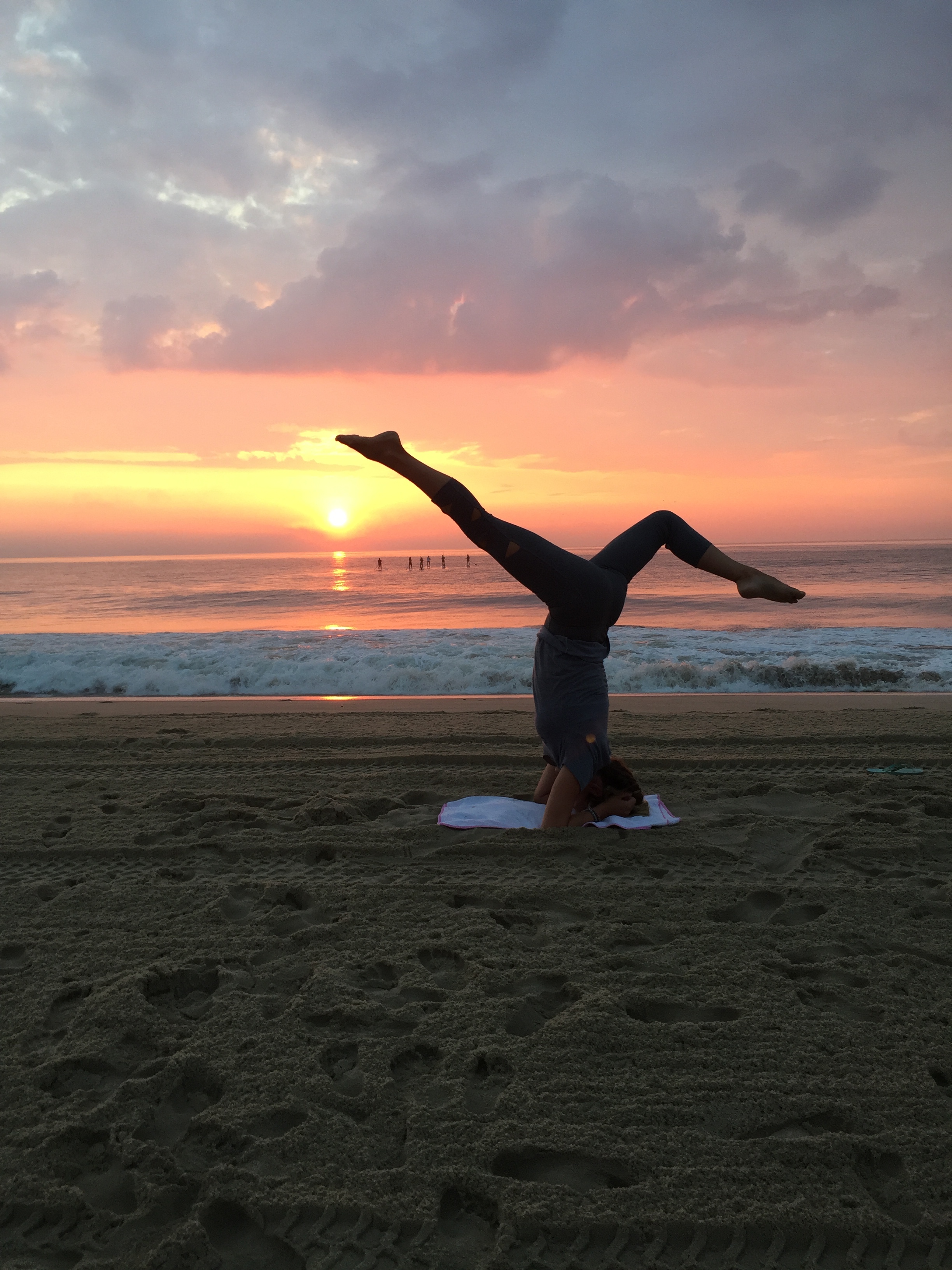Photo Credit: Alicia Bruce
I’ve always been the type of person who wanted to make the invisible visible. It’s just in my nature. Engrained in my being. A part of who I am. I am someone who wants to share where I’ve been so that others can learn and grow, the same way I desperately want to hear what others have gleaned from their life experiences. I crave this deep, intimate knowledge of people. When I open up to someone and they lean in and open up in response, I know I’ve found my people. Small talk makes my skin crawl.
When I meet someone for the first time though, small talk is inevitable. At first glance, no one would ever guess that I’ve been diagnosed with a mental illness. Likewise, I’d never know if the person in front of me had ever been so depressed they couldn’t get out of bed in the morning. So many of us live with these potentially, and often times, debilitating illnesses in our brains, and yet we present as perfectly capable, fully-functioning, regular old citizens going about our daily activities. Waking up, with or without incredible effort, making breakfast for ourselves and perhaps our family, getting everyone dressed and out the door to work and school, dinner, bedtime. Rinse, repeat.
We need to stop the facades and be honest and real with each other.
If we never make it past the small talk to really open up to a friend or neighbor about our depression, or our anxiety or our eating disorder or whatever it is that we’ve hid for so long because we were scared of being judged, then how would our friend ever be able to love us as who we are? It's hard to accept what we don’t know. What we don’t understand. What we don’t see.
I’ll give you an example.
One night, in early 2006, in the midst of the severe depression and anxiety I had been wrestling with since being diagnosed, I went out to dinner with my two best friends to celebrate a birthday. I don’t know how I managed to get myself up and out of bed, but it probably had something to do with the fact that we were going to my favorite restaurant {Sweetwater Tavern} and I must have been craving the salmon salad. Plus, my friend’s birthday.
K picked me up and we met M there. We had a nice meal, and the check arrived at the table to be paid at our convenience because they’re very efficient at Sweetwater. I can’t remember who paid the tab, but someone did or we split it, but it was settled, and we were just lingering there at the table, M and K finishing their drinks before leaving when it happened.
I had an anxiety attack. The normal buzz of the crowded restaurant which never used to bother me before suddenly made me want to run for the door. A wave of panic rushed up my legs and settled in my gut. I needed to get out of there.
“Are we done? Can we just go already?” I blurted out, not knowing what else to say, and not realizing how it would affect my friends.
They both stared at me for a second.
“What’s wrong with you?” M asked, frustration and confusion apparent in her tone. K shot me a look that seemed to ask, “Are you okay?” They had no idea.
I managed to squeak out something about being ready to go, apologizing for being so pushy, and they bought it. But I never did have the hard conversation. I don't blame them one bit for their reactions. They didn't know. It took me another year before I really tried to explain to them what was happening to me. What it felt like on the inside. I tried to explain the invisible.
I had plenty of reservations about revealing to the world that I’ve been living with bipolar disorder since my first manic break in December of 2005. You could say I was terrified. But it was also clear as day to me that the benefits of sharing my story were what made me feel good about my decision. Sure, there were the negatives. I may face discrimination in the future from people who don’t understand my condition or from those who may be afraid because of what they’ve seen in the media. But by standing up and speaking out in a positive, unique way, I hope to minimize any form of intolerance I may encounter in the future.
Which is why I am so proud of what is happening with This Is My Brave. We’ve come so far in eight short years. Starting back on stage this year, our courageous storytellers will be up on stage, sharing a piece of their heart with you so that you can better understand their journey. Because at first glance, you’d never say to yourself, “Oh, she definitely spent a year battling agoraphobia, it’s obvious” or “You can tell he was taken in handcuffs to the hospital during a manic episode.”
These are invisible illnesses which we’re making visible because it’s time we shine a spotlight on mental illness. By bringing it into the light we illuminate the hope that lies in recovery so that no one who has been touched by a mental health issue has to feel alone.


